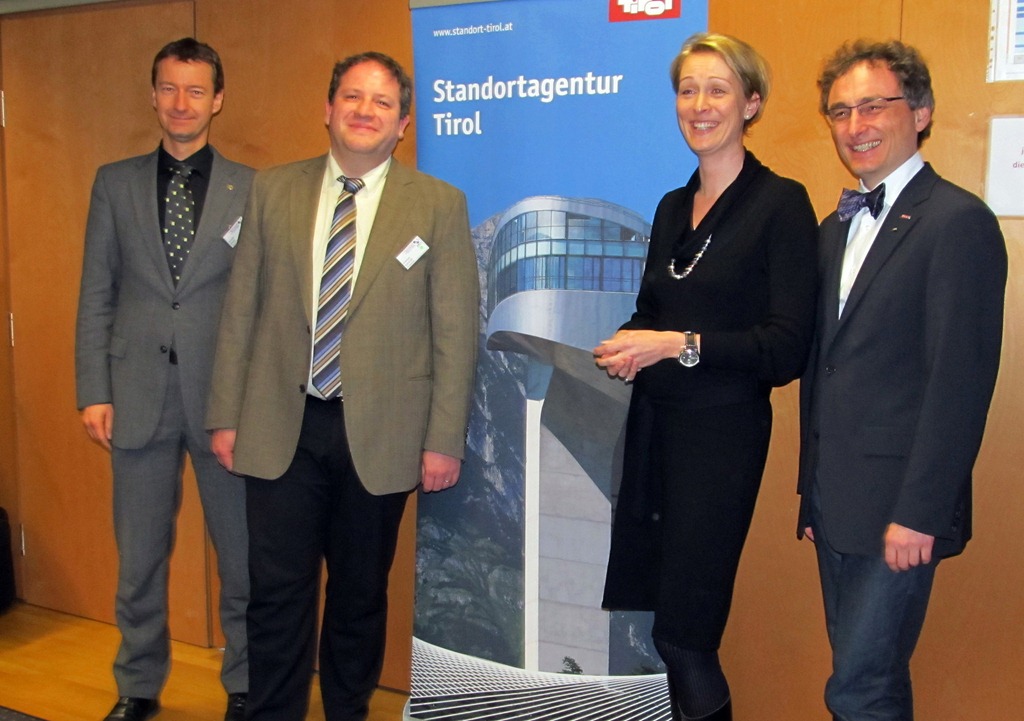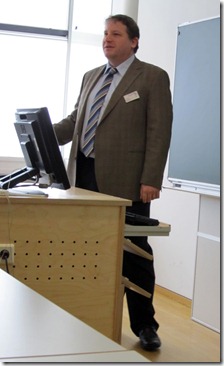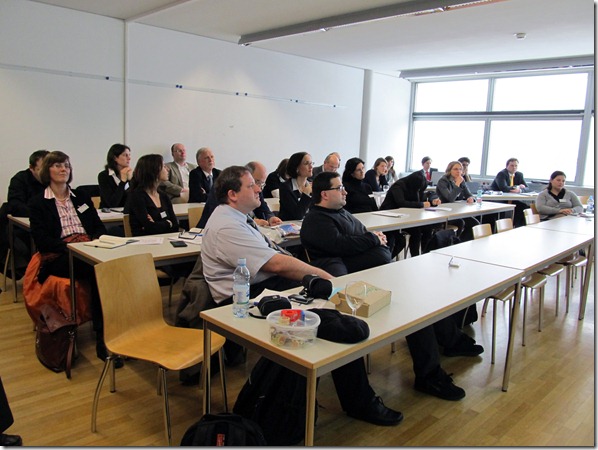The last days I was at the Professional Knowledge Management conference in Innsbruck, organized by Ronald Maier and his team (really well done!). While there were respectable ~150 participants (with a lot of “known faces”), it is also obvious that knowledge management is no longer a hype topic. This is not necessarily a bad thing, especially because among the participants there was a consensus that this event provides value to the participants in terms of exchanging ideas.
The hot topics (some which have been around for quite some years) from my perception were:
- social software and its sibling enterprise 2.0
- human factors of knowledge management
In addition, leadership has emerged in many places although little concrete contributions could be spotted (apart from the keynote talk by von Krogh). Definitely not a hot topic was technology as such, and I could even sense a lot of aversion against too much technology in the field. Particularly, anything related to AI was not welcome at all at the conference – although it was raised in some discussions. This reaffirms the shift of knowledge management from technology towards human and organizational factors. While I would agree that this is a good path, the conference has also shown to me that we are still struggling in research with its implications on research goals and methods. Definitely it will mean more empirical research (like we started in the MATURE project), particularly beyond questionnaires with the use of ethnographic methods and case studies (like Koch & Richter do). For more technology-oriented research, this will probably increase the importance of design research approaches. Definitely, we still more maturity of knowledge on this new paradigm of knowledge management that goes beyond rather generic principles.
I had the opportunity of giving an invited talk at the talkIT workshop, organized by the local “Standortagentur” of Tyrol. I have outline the implications of knowledge maturing on developing IT solutions (basically shifting models from design-time to run-time constructs) and on the competencies required for IT workers.
Verstehen, einbinden, verändern – Wissensreifungsprozesse gestalten
Together with my colleagues Christine Kunzmann and Athanasios Mazarakis, I have also organized the workshop on Motivational, Social and Cultural Aspects of Knowledge Management. For this workshop, I gave a keynote talk which summarized the findings of our empirical studies in MATURE:
Motivationale, soziale und kulturelle Faktoren im Wissensmanagement
There were great discussions in the workshop, but I have left with the impression that beyond common sense, we still know little about motivational, social, and cultural aspects in terms of implications for designing systems. I am looking forward to further research on the subject.



Comments are closed.